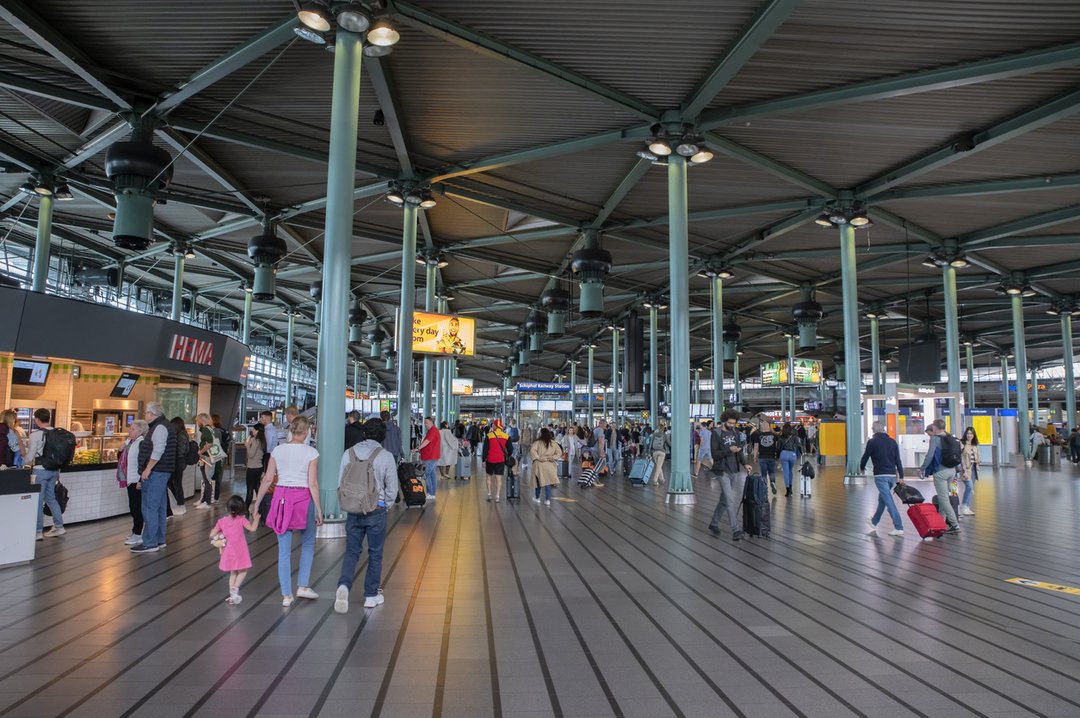
If you’re planning to board a plane in the near future, pack your patience, travel insurance policy – and a notebook.
While stranded air passengers can count on travel insurance to cover some costs tied to flight disruptions and baggage delays, in Canada they’re also often having to argue their case for refunds and compensation with airline and airport staff. That’s when detailed note-taking can come in handy, one consumer expert says.
Documenting your trip – keeping detailed logs and receipts – can help you claim money back in case of travel disruptions, said air passenger rights advocate Gabor Lukacs.

iStock-1397732630.jpg
Record lineups, delays and flight cancellations at Toronto Pearson International Airport and other major Canadian air transport hubs have been testing passengers’ endurance recently. Airlines, airports and the agencies that handle customs and security checks have all been struggling to rebuild their staff amid the country’s labour shortage and soaring demand for travel.
And while insurance may cover some costs tied to trip disruptions, reimbursement and compensation for flight delays, cancellations, and lost or damaged luggage are usually up to the airlines. But amid finger-pointing and chaos, Canadians often face bureaucratic and legal battles to recoup expenses linked to shattered travel plans. Canada’s poorly designed and enforced air passenger protection rules don’t help, Mr. Lukacs adds.
Under the country’s regulations for air passenger protection, Canadians may be entitled to compensation of between $125 and $1,000, in addition to no-cost rebooking, for flight delays or cancellations that are deemed to be within the airline’s control and not related to safety. For travel disruptions owing to denied boarding caused by overbooking, compensation is up to $2,400.
But except in the case of overbooking, consumers have to pro-actively ask for compensation and often demonstrate their eligibility for it based on Canada’s complex Air Passenger Protection Regulations, according to Mr. Lukacs, who is president of Air Passenger Rights, a non-profit.
This routinely leaves consumers having to grapple with questions such as whether a crew constraint causing a flight disruption was within the airline’s control, according to Mr. Lukacs.
But the fact that air carriers as well as customs and border security agencies are all struggling with staffing shortages makes it even harder for passengers seeking compensation to assess where airlines’ responsibilities lie, he added.
One of the thorniest issues facing passengers right now is demonstrating they didn’t miss a flight because they failed to show up at the airport early enough, which would preclude even a refund, travel experts say.
That’s why Mr. Lukacs recommends keeping careful tabs on your airport experience. A cab chit or parking receipt can help you prove you arrived early enough. Logs of when you received your boarding pass or checked in your luggage can help establish whether it was a lack of staff at the airline check-in counter or later on at customs or security that held you back, he added.
Travel insurance will also help contain any out-of-pocket expenses. A trip cancellation and interruption policy won’t refund you for a cancelled flight but might cover all or some of the non-refundable costs of hotel nights, prebooked excursions and activities you’ll miss because you didn’t leave when you were supposed to, said Matt Hands, director of insurance at Ratehub.ca, an online financial products comparison site.
Another important feature of cancellation and interruption coverage: If your luggage is delayed, many policies include an allowance for replacing essential items while you wait for your bags, noted Martin Firestone, president of insurance brokerage Travel Secure Inc.
While insurance won’t refund you for the full cost of a lost piece of luggage, being able to buy toiletries and clothing at no extra cost could make a significant difference to your vacation, said Mr. Firestone, who said he recently made use of his insurance baggage benefit after his luggage was delayed for nearly three days during a trip to Greece.
Keep in mind that cancellation and interruption coverage is often sold separately or in addition to medical travel insurance, which pays for unexpected medical expenses during your travels. And it can be pricey. Mr. Firestone estimated the cost usually ranges between 7 per cent and 10 per cent of the total of the trip.
Still, the current air travel mayhem offers “probably more evidence than ever before of why travel insurance is important,” Mr. Hands said.
While it doesn’t provide coverage in every scenario, “at least you know you have some sort of financial compensation and recourse options,” he added.
Comments are closed.
